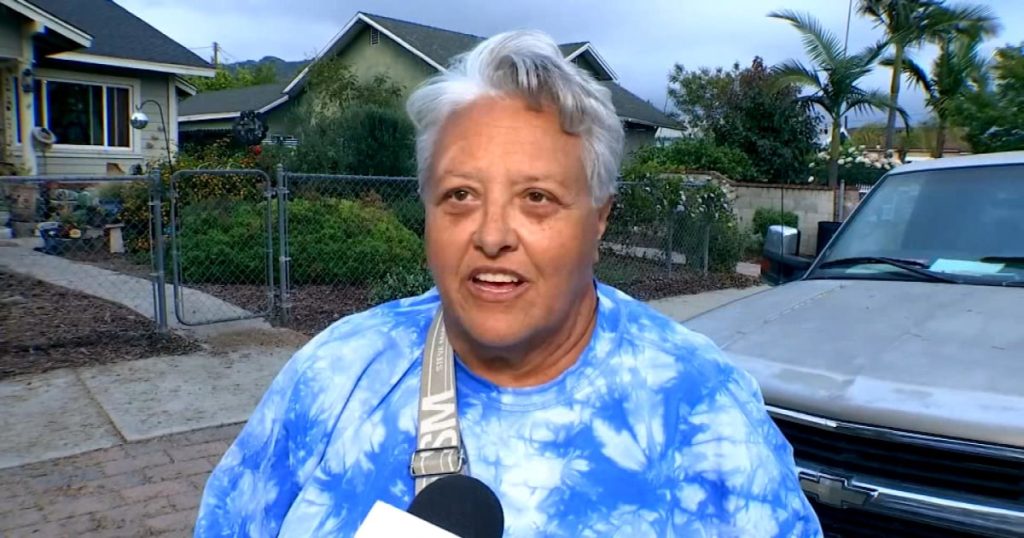The content provides an in-depth analysis of the impact of social media on mental health. It highlights the various ways in which social media can negatively affect mental well-being, such as promoting unrealistic body standards, facilitating cyberbullying, and creating feelings of jealousy and inadequacy. The content also discusses the role of social comparison and FOMO (fear of missing out) in contributing to feelings of anxiety and depression among social media users.
Moreover, the content delves into the addictive nature of social media and the dopamine-driven feedback loop that keeps users coming back for more. It also explores the impact of excessive screen time on sleep patterns and overall mental health, as well as the potential link between social media use and increased levels of stress and anxiety. Additionally, the content touches on the phenomenon of “doomscrolling” and its detrimental effects on mental well-being.
Furthermore, the content suggests strategies for managing social media use and minimizing its negative impact on mental health. These strategies include setting boundaries around social media usage, practicing digital detoxes, and cultivating a healthy relationship with technology. The content also emphasizes the importance of self-awareness and self-care in mitigating the negative effects of social media on mental well-being.
The content also discusses the potential benefits of social media for mental health, such as providing a platform for social support and connection, raising awareness about mental health issues, and promoting positive self-expression. It highlights the importance of using social media mindfully and intentionally, as well as seeking out positive and supportive online communities. Additionally, the content suggests utilizing social media for self-empowerment and personal growth, rather than succumbing to comparison and self-doubt.
Moreover, the content emphasizes the need for more research and awareness around the impact of social media on mental health, as well as the importance of promoting digital literacy and media literacy among users. It calls for a more nuanced and critical approach to social media use, one that prioritizes mental health and well-being over engagement metrics and popularity. The content also encourages individuals to be proactive in safeguarding their mental health in the digital age, by prioritizing self-care, setting boundaries, and seeking professional support when needed.
In conclusion, the content underscores the complex and multifaceted relationship between social media and mental health, highlighting both the negative and positive aspects of social media use. It encourages readers to be mindful of their online behaviors and to take proactive steps to protect their mental well-being in a digital world. By promoting awareness, self-care, and digital literacy, individuals can harness the benefits of social media while minimizing its potential harms on mental health.


